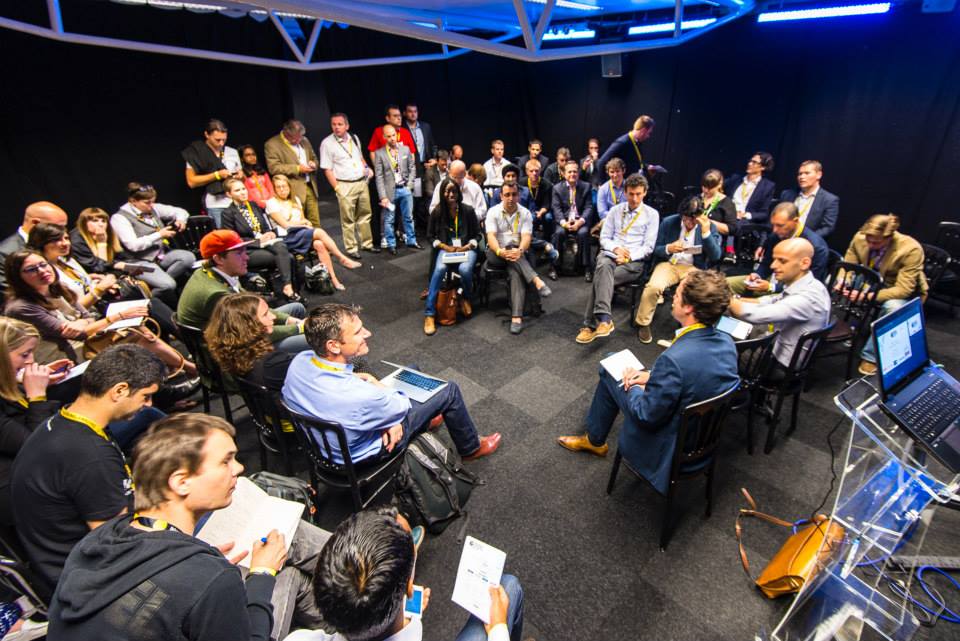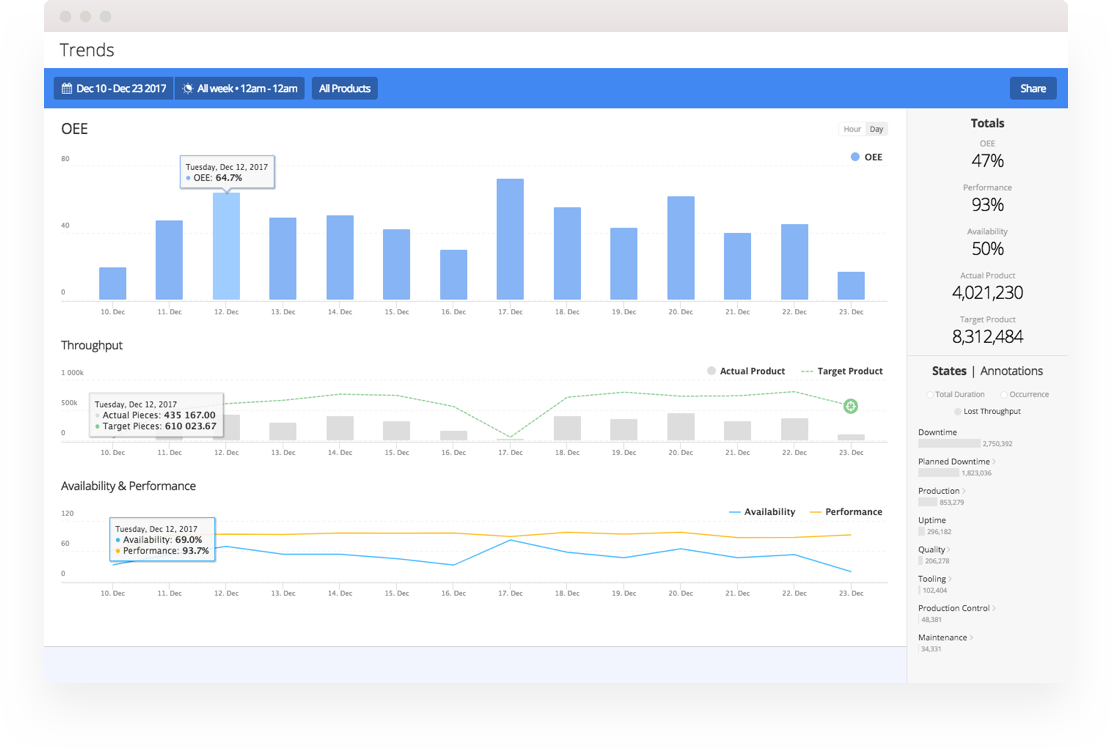In partnership with TechCrunch, The Europas Unconference & Awards, features smaller breakout sessions on key subjects for startups, followed by a glittering awards show for the hottest startups in Europe, based on voting by expert judges and the industry itself. Plus loads of networking opportunities with investors, and the super-fun Pitch Rolette pitch competition. See below for your special discount offer!
Just some of the investors coming to The Europas this Tuesday, July 3, in London include:
Alliott Cole, Octopus Ventures
Andrei Brasoveanu, Accel Partners
Carlos Eduardo Espinal, Seedcamp
Damir Bandolo, Columbus Capital
Eileen Burbidge, Passion Capital
Eze Vidra, Reimagine Ventures
George McDonuagh, KR1 (Blockchain/Crypto)
Jamie Burke, Outlier Ventures (Blockchain/Crypto)
Jason Ball, Qualcomm Ventures
Jeremy Yap, Angel Investor
Joe White, Entrepreneur First
Maria Wagner, Beringea
Michael Jackson, Mangrove Capital Partners
Nancy Fechnay, Angel Investor (Blockchain/Crypto)
Paul Dowling, Dreamstake Ventures
Richard Muirhead, Fabric Ventures (Blockchain/Crypto)
Scott Sage, Crane Venture Partners
Sitar Teli, Connect Ventures
Stephanie Hospital, OneRagtime
Suzanne Ashman, LocalGlobe
Thomas Graham, TLDR Capital
Tugce Ergul, Angel Labs
Vishal Gulati, Draper Esprit
Wendy Tan White, BGF
Instead of thousands and thousands of people, think of a great summer event with a selected 800 of the most interesting and useful people in the industry, including key investors and leading entrepreneurs.
Here’s the agenda.
And here’s 14 reasons to attend The Europas:
• Ultra-high quality Investors, speakers & featured guests
• New startup founders brought into the eco-system
• New deal-flow for investors
• Our “Diversity Matters” Free pass bringing in more women and POC
• Expert speeches, discussions, and Q&A
• Intimate “breakout” sessions with key players on vertical topics
• The opportunity to meet almost everyone in those small groups, super-charging your networking
• Convivial, relaxed atmosphere conducive to networking
• Key press including WSJ, TechCrunch, VentureBeat, attending
• A stunning awards dinner and party which honors both the hottest startups and the leading lights in the European startup scene
• Content independently curated by journalists
• The only truly independent, industry-backed awards in Europe
• Percentage of profits will be donated to charity
• All on one day to maximize your time in London
Plus, as a special offer for TechCrunch readers, we have discounted tickets of up to 60% off:
• Daytime conference plus evening awards tickets (£250, 60% discount) (valid all day, July 3rd) – this ticket includes the daytime conference and the awards dinner with ceremony and after party. It includes refreshments and lunch during the conference, and the awards drinks reception and dinner.
• Daytime only, Unconference tickets (£75, 60% discount) – this ticket includes the afternoon Unconference only.
• Evening Awards-only tickets (£195, 60% discount) – this ticket is for the awards dinner with ceremony and after party. It includes the awards drinks reception and dinner.


If you wish to sponsor the events or to purchase a table for 10 or 12 guest or a half table for 5 guests, please contact petra@theeuropas.com

The conference and awards are supported by TechCrunch, the official media partner. Attendees, nominees, and winners will get deep discounts to TechCrunch Disrupt in Berlin, later this year.





